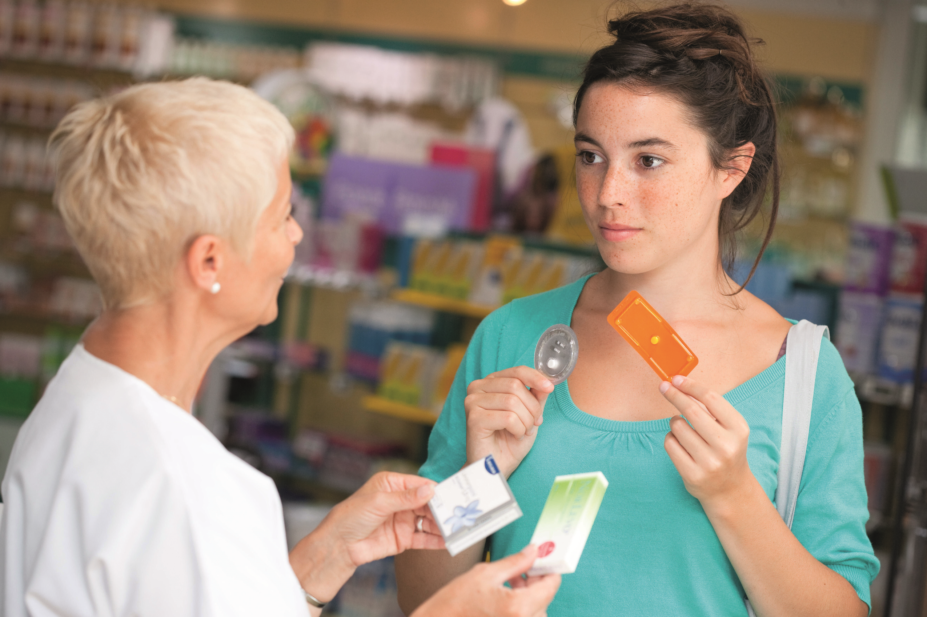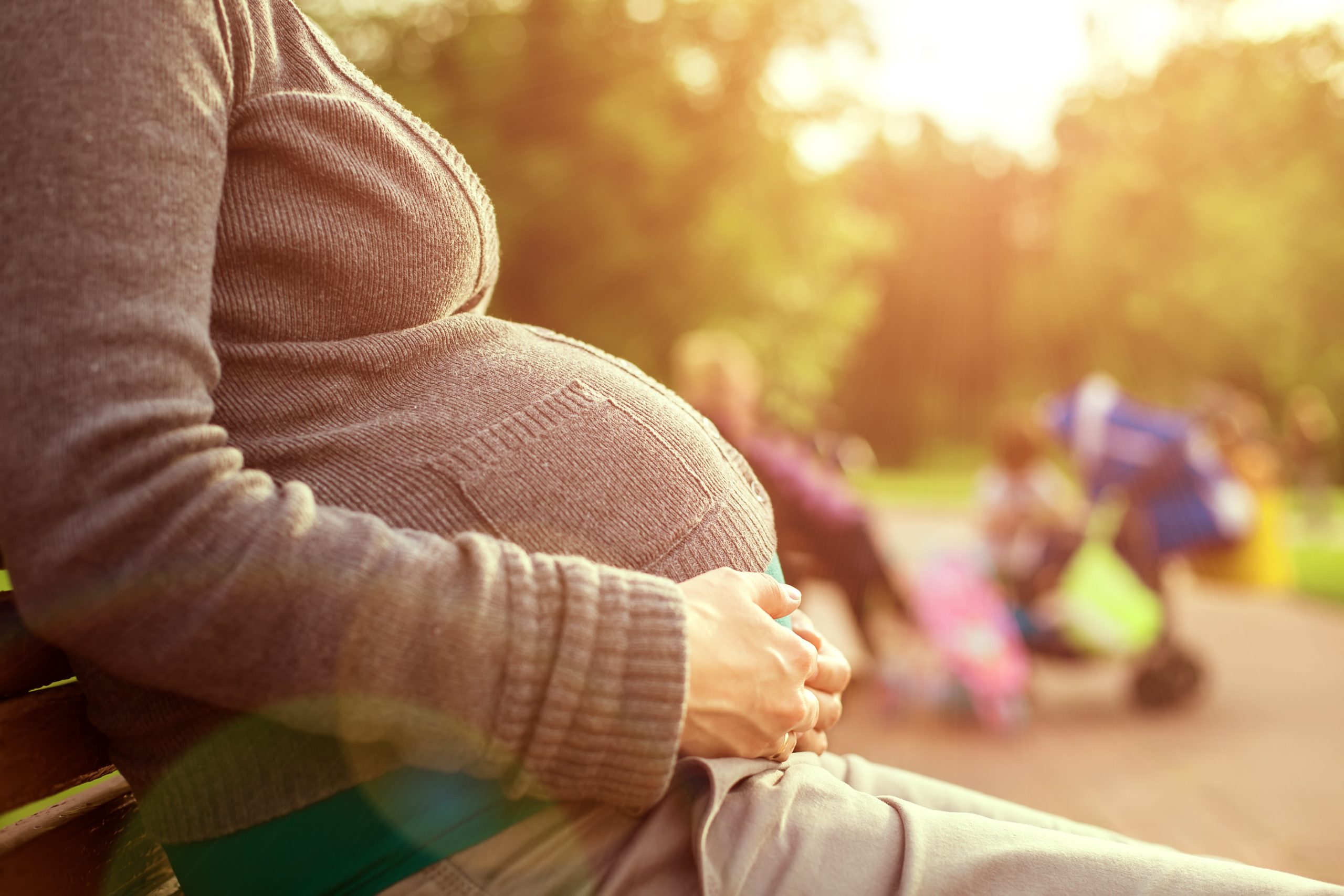
Phanie / Alamy Stock Photo
Emergency hormonal contraception (EHC) should be available to buy from non-pharmacy retail outlets in the UK, urges the British Pregnancy Advisory Service (BPAS), a reproductive health services charity.
Current rules requiring progestogen-only EHC, such as Levonelle (levonorgestrel), to be available over the counter only after a consultation with a pharmacist has pushed the price of the product up to five times higher than in other European countries, the charity claims.
“There is no financial justification for the high price of this pill, nor clinical reason for a consultation before it can be sold,” says Ann Furedi, chief executive of the BPAS. “People are trusted to use a wide variety of medications sold on the shelves of pharmacies in a sensible and appropriate way. Emergency contraception should be no different.”
Launching its campaign on 29 November 2016, the BPAS said women should reject the “sexist surcharge” being placed on the product, which typically costs £30.
The BPAS is lobbying the Department of Health, which is responsible for government policy on health and social care in England, to reclassify EHC as a general sales list (GSL) medicine so that it is available off the shelf at a lower price.
In its #justsaynon campaign, the BPAS highlights the price difference between the UK and France, where EHC costs €7, and points out that the cost in the UK is higher than anywhere else in Europe except for Ireland.
The BPAS claims that the mandatory consultation and the high price of the drug was a deliberate effort to stop women using emergency contraception as a routine method of preventing pregnancy, although it adds that the price was influenced by a number of factors.
With sexual health services facing cuts and GP appointments becoming harder to obtain, more women will have no choice but to purchase the drug to avoid an unplanned pregnancy, the charity warns.
Research conducted across five European countries found that one third of British women have had unprotected sex in the past 12 months, and the majority (67%) did not use emergency contraception[1]
.
The BPAS says it regularly sees women experiencing unplanned pregnancy who were deterred from seeking EHC because of difficulties getting hold of the drug, including the price and finding the consultation embarrassing. The charity argues that EHC is safer than painkillers, proton pump inhibitors and nicotine replacement therapy, all of which are GSL medicines.
Jane Hatfield, chief executive officer of the Faculty of Sexual and Reproductive Healthcare (FSRH), part of the Royal College of Obstetricians and Gynaecologists, which represents doctors and nurses working in contraceptive services and primary care, says: “We agree with the BPAS that the cost of levonorgestrel in pharmacies, for those who have to pay, is unjustifiably high in the UK.”
However, while Hatfield suggests that availability over the counter through pharmacies is appropriate, she believes a discussion with a pharmacist is still needed.
“Levonorgestrel emergency contraception has been shown to be extremely safe and could safely be offered ‘over the counter’ in pharmacies,” she says.
“This should be subject to a discussion with the pharmacist about the potential risk of pregnancy, other medication currently taken, and ensuring the woman is aware of other emergency contraception methods and contraceptive options for the future.”
The FSRH notes that a copper intrauterine device (IUD) is the most effective form of emergency contraception. “The FSRH supports better publicity of this highly effective method and improved access to IUD fitting in primary care and community services,” adds Hatfield.
The Royal Pharmaceutical Society (RPS) says a discussion with a pharmacist is essential to providing emergency contraception and points out that the consultation is free and not related to the price of the product.
Sandra Gidley, chair of the RPS’s England Pharmacy Board, says: “A consultation firstly helps define if it will be effective by being taken within the right time frame.
“It further supports a woman to consider her future use of contraception, her risk of sexually transmitted infections and help with any other sexual health questions she may have.
“We fully support NHS schemes that allow women to access emergency contraception free of charge through community pharmacy and would like to see wider roll out of these services across the country.”
References
[1] Nappi RE, Lobo Abascal P, Mansour D et al. Use of and attitudes towards emergency contraception: a survey of women in five European countries. Eur J Contracept Reprod Health Care 2014;19(2):93–101. doi: 10.3109/13625187.2013.865164


